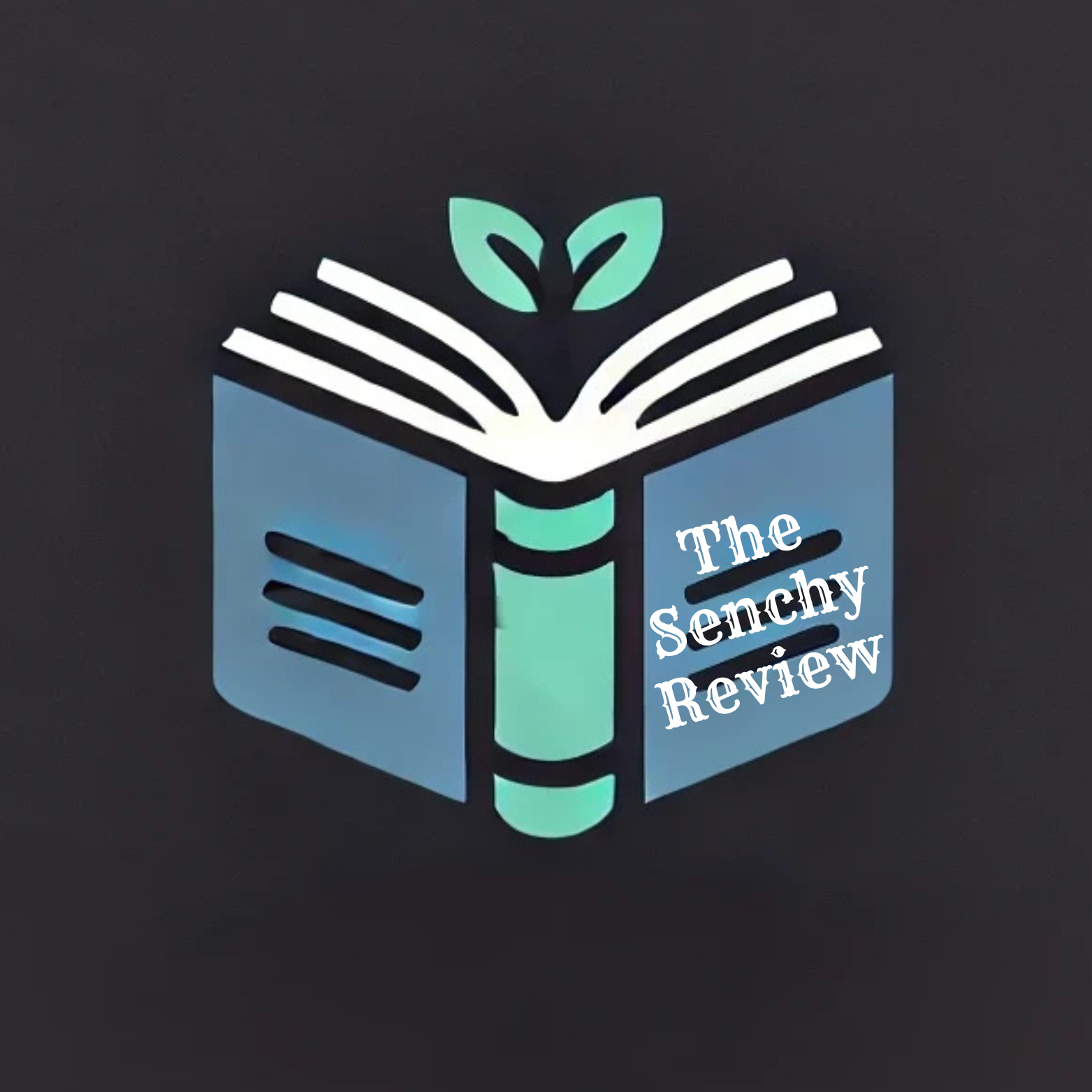I would not say I am an expert in history, only that I am passionate and interested. I think history is simply the stories of people and their times. Given that most humans love stories, I believe most people would find history interesting if it were taught correctly and engagingly. This essay will therefore be divided into two broad sections: the first will outline my journey into loving history, and the second will cover the importance of studying history and the lessons I’ve learned from it.
My Journey into History
Firstly, it helps that the history I was fortunate enough to study was aligned with my interests. It sounds simple, but in any field of study, it helps if you focus on particular things that intrigue you. For example, it is easier to get into mathematics if you enjoy geometry and start there rather than beginning with calculus. Studying geometry may eventually make you interested in calculus, but pursuing calculus without any initial interest may not yield the fruits you desire. My study of history began not out of external compulsion or as something required in class, but rather as an internal pursuit. Initially, I focused on the histories of Nepal, Rome, and China, all of which I found fascinating. If you had told me to study U.S., European, or African history at that time, I might not have been as interested—not because those histories lack anything, but because my background and upbringing inclined me otherwise.
Second, it always helps to connect what we already enjoy with what we hope to learn. A big part of my interest in history also stemmed from my love of Greek mythology, sparked by the *Percy Jackson* book series, which brought Greek mythology to life through magical fiction. This led me into history naturally and somewhat unconsciously, as I allowed my interests to guide me. The overarching lesson I learned was that not all forms of passion are equal. For example, my passion for history and ancient civilizations can lead me to read books on them, watch YouTube shorts, or play a strategy game on a console. All of these activities stem from my interest in history and civilization, but they don’t all offer the same long-term benefits. Initially, watching a YouTube video might be easier, but in the long run, it is far less rewarding. In my experience, videos are often simplified and lack depth; reading the script for most videos reveals how limited their content actually is. Similarly, it might be easier to play soccer on PlayStation than in real life, but real-life play is ultimately more fulfilling. My love of reading history has shown me that not all forms of enjoyment are created equal. Some can be highly beneficial, such as running, reading, or spending time with positive people and close friends, while others may simply provide immediate pleasure at the cost of long-term growth.
The Importance of History
So why do I think history is important? For example, if you had to make a decision about a person, it would help if you knew their history—their upbringing, values, reasons for thinking in certain ways, and their likes and dislikes. To make the best decision about anything—a person, organization, group, or nation—it’s essential to understand not only what beliefs and values they hold but also why they hold them.
This is important for two reasons: firstly, it builds empathy. History teaches us that most people react similarly in similar situations, and that instances of violence and hate, though not excusable, usually have a cause. People are often hateful or violent based on what they’ve learned and experienced from others. We also learn that people share common stories—stories of struggle and bravery, of challenges and culture. Every person around the world has a history and ancestors who sacrificed so that their culture might endure. Such knowledge fosters respect for other people and their cultures, helping us appreciate the sacrifices and efforts made to preserve them.
Secondly, history grants us equanimity—calmness in difficult situations—by reminding us that we are but small parts of a much broader human story. The cultures we grow up in are small pieces of the larger human culture, and change is inevitable. Yet, some things remain constant: the valuing of children, the need for trust within a society, and respect for one's ancestors are found in all enduring civilizations. History helps us see what is bound to change and what will remain the same, guiding us to distinguish between the two.

